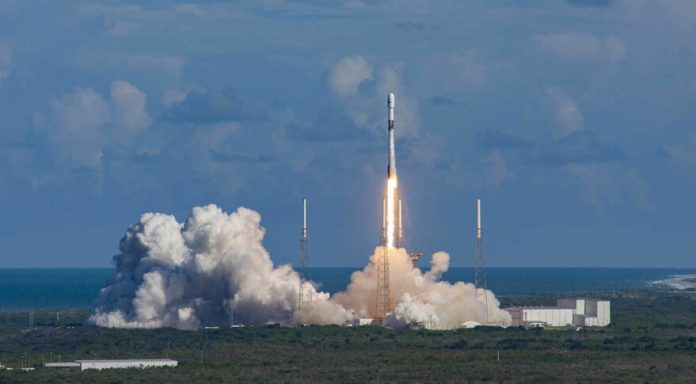
SEOUL, South Korea – South Korea will invest 16 trillion won ($13.6 billion) over the next 10 years in bolstering its defense capabilities in outer space. This includes 1.6 trillion won to be used to develop “core technologies” for military satellites.
The Defense Acquisition Program Administration (DAPA), the national arms procurement agency, unveiled the roadmap Aug. 19, saying it will soon draw up a “master plan” encompassing regulatory, technological and industrial issues, in cooperation with related organizations and industries.
The roadmap was endorsed at a meeting of defense experts Aug. 11 and then shared with the Ministry of National Defense, Ministry of Trade, Industry and Energy, Ministry of Science and ICT, and Ministry of Foreign Affairs, according to DAPA.
“Space development should be done in a way bolstering organic cooperation and growth of national security, science, technology and industry,” said Seo Hyeung-jin, vice minister of DAPA, in a statement.
South Korea has ramped up efforts to bolster its defense capabilities in outer space since May when the United States scrapped a 42-year-old nonproliferation restriction that had barred South Korea from developing or possessing ballistic missiles with a maximum range greater than 800 kilometers.
Meanwhile, DAPA launched a team dedicated to advancing the project. Headed by the DAPA vice chief, the team consists of officials from the defense ministry, the Joint Chiefs of Staff, DAPA, Agency for Defense Development, and Korea Research Institute for Defense Technology Planning and Advancement.
“The team will focus on preparing legal and institutional grounds, and handling organizational and personnel issues to effectively support the country’s space defense industry,” a DAPA official said.
– Advertisement –